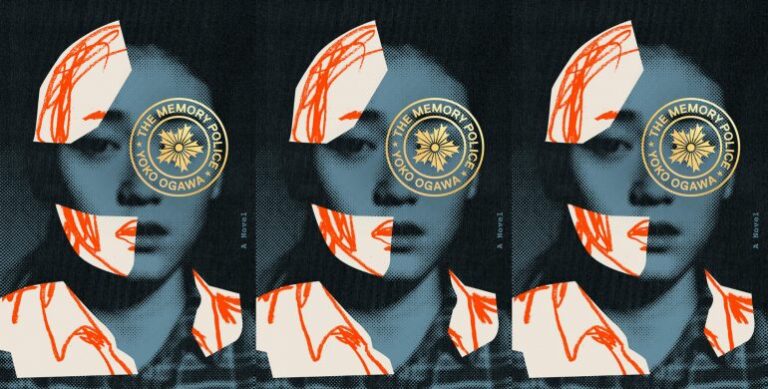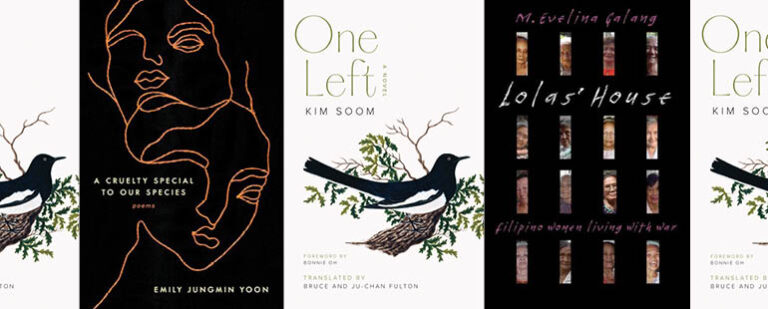Is You Is or Is You Ain’t My Baby?
At my job working the early morning Hydration Stations along the lakefront path serving Gatorade to Chicago-area runners, I work with a 19 year old who also works at the duty-free at the airport (she’s the one who looks at your ticket and tells you that you can’t shop at her store unless you’re on an international flight.) I am twice her age, getting paid the same, so my wounded ego has reconfigured itself so that I tell myself I’m a kind of Dian Fossey. She is my ape. I chart her vocalizations and behaviour. I tell myself I’m studying her to learn about her, rather than studying her in order to discover new ways of talking about myself.
I tell myself things like this all the time.
She’s saving up for a Louis Vuitton purse. We get paid ten bucks an hour so I have no idea how many hours she’ll have to work in order to buy it. She says that she already has a knock-off of the purse she wants and now she wants the real thing. She says it’s the quality of the leather that lets you know it’s real.
She has told me how lucky I am to be blond, like real blond, because she has spent a lot of money and the tint of her blond hair always has a bottle somewhere in its lineage.
Once when we were driving to our stations, the Jay-Z and Kanye song ‘N*ggas in Paris” came on the radio. She said that it was this song that made her feel black. She’s paler than I am, but it was 5 in the morning so I didn’t ask what black felt like.
Years ago when spending all night jackhammering out a cement rectangle in order that the anti-theft devices of a Limited Too! could be imbedded in the floor, during a break, I corrected a co-worker’s grammar. The look he gave me has established firm time guidelines on the appropriate schedule for engaging the mechanics of a co-worker’s speech.
So my co-worker makes me think about authenticity. Her purse, her hair, her ethnicity, her belief that I can quantify the hours I spend writing, and her job at the airport where she checks if people have the correct credentials to shop in her store.
She reminds me of John D’Agata and Jim Fingal’s book The Lifespan of a Fact, the long conversation between an essayist and his fact-checker that is far more interesting than the essay they’re haggling over. She’s the perfect mixture of D’Agata and Fingal on these rides. Her job at the airport is pure Fingal: you either have the right credentials to shop duty-free or you don’t. Her life is lived in D’Agata’s realm. She is not black, but she feels black so she is black (but she isn’t – she believes she’s having a trans-ethnic moment brought upon by a cultural product, but the product is a construct and her belief that a person can experience the reality of another ethnicity through a cultural product is itself a cultural product and this belief marks her culturally, ethnically, and historically.)
What all of this reminds me of is when I was her age, when I believed I was in a relationship with a certain woman. We exchanged letters. She was at Wellesley College, I was working 2nd shift on the PostWeld line at the Honda of America factory in Marysville, OH. Our letters were filled with intimate revelations, proclamations of affections, repetitions of our desire to be back in the same place together, and signed with enough x’s and o’s to clog all the tic-tac-toe boards ever made (she would even make little doodles of the two of us holding hands and smiling.) There were also honest to god I love you’s written in the body of the letters.
At Honda, I worked across from a woman named Flossie. I’d show Flossie pictures of this girl and because I felt bold enough at the factory I introduced the pictures as being of my girlfriend. Flossie was a snarling twig of a woman and had a hardened puff mullet that neither our safety goggles nor our ear protection ever put a dent into. She looked at the picture and then looked at me.
She knew I was lying.
I didn’t. Yet.
I honestly thought I was in a relationship with this woman.
I guess this is where I get with the debate about facts in non-fiction. In order to convey to you the way I felt at that moment, I have to inhabit the lie I was living. Viewed teleologically, I was never in a relationship. I was being strung along by a lonely freshmen girl who’d figured out she’d picked the wrong college. I was not the kind of guy this woman could say she loved and meant it. I was the kind of guy who she could depend on a return letter from.
We had opposing valuations of the currency we were using. I thought it was Pound Sterling. For her it was all 1923 German Marks.
Flossie saw it immediately.
It would take me until I drove her to spend a weekend with her real boyfriend for me to realize it.
My car door got kicked in on that trip. I still to this day hold a grudge against that town.
And that grudge, that grudge is real, even if the relationship wasn’t. The lie produced a truth.
The 19-year-old and I pull up to the North Avenue beach boardwalk. As we pull out the tables, Gatorade signage, and waxed paper cups, I point out the two naked bottoms bouncing towards the water, pants and shirts being shed. Their heads full of acid the sun rises on their wild nakedness. One of them climbs on the pilings fifty feet out into Lake Michigan. And the sun directly behind the person makes it hard to see if it’s the boy or the girl with its arms outstretched. The only fact that matters is their chemically-induced joy. This is the morning of a life of fact that’s resulted from fabrication, the fabrication that an illegal fifteen dollar bit of amateur chemistry gets you.


